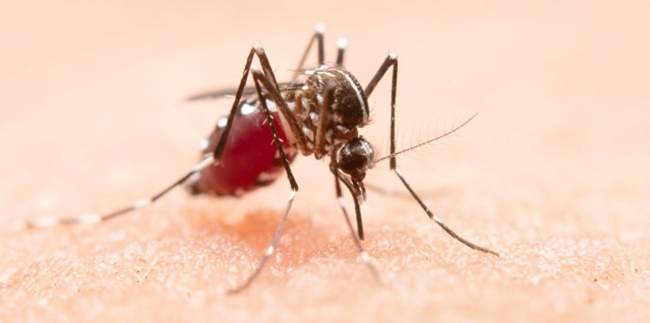Kapanlagi.com - Malaria is a health disorder caused by parasites. The parasites spread through the bites of infected mosquitoes. The cause of malaria itself can occur due to various triggering factors that are vulnerable to transmission through the blood of malaria patients.
The parasite that causes malaria is known as plasmodium, which is carried by female anopheles mosquito bites. The parasite that spreads through mosquito bites can infect the liver through the bloodstream and then attack it. According to healthline.com, the parasite will multiply within 48 to 72 hours, causing the infected cells to burst. This condition can cause various symptoms of malaria.
This is related to infected red blood cells, through which transmission can occur. However, cases of malaria transmission are rarely encountered if there is no direct contact with the blood of malaria patients. Malaria cases are often found in regions with tropical and subtropical climates. Because the area is known to be quite strategic for the growth of parasites and mosquitoes.
In certain conditions, malaria can cause serious complications if not immediately treated. That's why it is important to know the causes of malaria and its risk factors to help prevent this disease. The causes of malaria and its risk factors are summarized below. The following causes of malaria have been compiled by kapanlagi.com from various sources.
1. Bites from Infected Mosquitoes
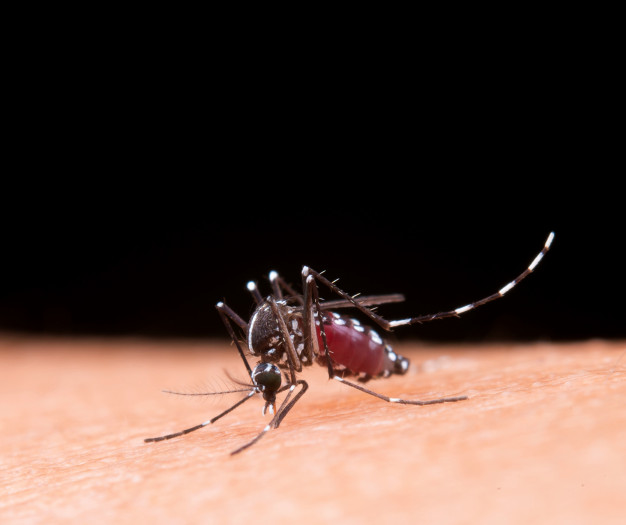
(credit: freepik.com)
The first cause of malaria can occur due to bites from infected mosquitoes. This is the main cause of malaria in someone who has been bitten by a mosquito. Female Anopheles mosquitoes carry the Plasmodium parasite, which can infect the human body and enter the liver. The parasite can then multiply and damage red blood cells.
This is what can eventually cause the blood of malaria patients to transmit similar parasites to others. However, as mentioned earlier, transmission from human to human only occurs through contact with the blood of a malaria patient or an infected fetus from the mother.
2. Pregnant Women Infecting the Fetus

(credit: freepik.com)
The next cause of malaria can also be triggered by an infection transmitted from a mother to her unborn baby. When a pregnant mother is infected with malaria, it can risk infecting the fetus she is carrying. After a mother is infected with malaria, it can cause symptoms such as fever, nausea and vomiting, headache, or nosebleeds. Consultation and further examination are needed if experiencing malaria symptoms to prevent further risk levels.
3. Tropical and Subtropical Regions

(credit: freepik.com)
As mentioned earlier, the cause of malaria can be risky for the living area. In this case, areas with tropical and subtropical climates are more at risk of malaria cases. It is well known that tropical and subtropical regions are strategic places for various parasite and mosquito growth that can cause diseases. One of them is malaria carried by mosquitoes infected with the Plasmodium parasite. According to who.int, some countries at risk of malaria include Southeast Asia, the Eastern Mediterranean, the Western Pacific, and the Americas. This also includes Indonesia, which is part of the Southeast Asia region.
4. Age Factor
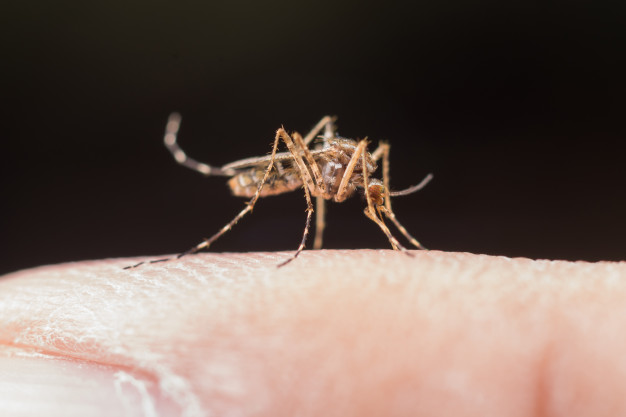
(credit: freepik.com)
The causes of malaria and its risk factors will be more prevalent in certain age categories. In this case, infants and children under the age of 5 are known to be vulnerable to malaria cases. Similarly, older adults and the elderly have a high risk of malaria. Therefore, caution and supervision regarding the possibility of contracting malaria are necessary for these age groups.
5. Sharing Syringes
Another cause of malaria and risk factor is sharing syringes with malaria patients. For example, unknowingly using a syringe that was previously contaminated with parasites from the blood of a malaria patient. When using a syringe together with a malaria patient, it may be vulnerable to parasitic infection from the blood of the malaria patient. Therefore, it is important to be cautious if the syringe used is not adequately sterilized.
6. Having a History of HIV/AIDS
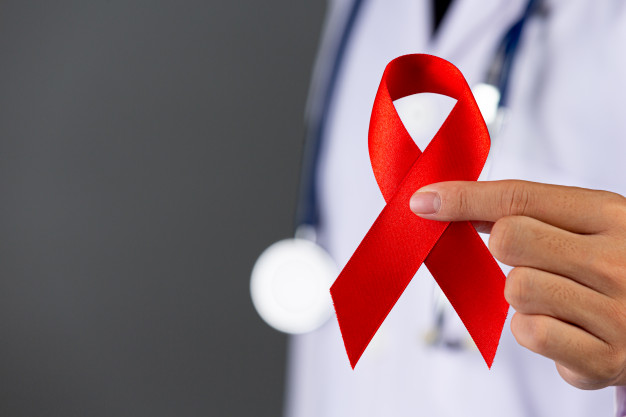
(credit: freepik.com)
Malaria can also be prone to attacking people with a history of HIV/AIDS. This condition is related to their weak or low immune system. HIV/AIDS is a health disorder caused by a viral infection attacking the immune system. Where a weak immune system can make someone susceptible to various types of infection-causing diseases, including malaria.
7. Environmental Factors
Environmental factors also contribute to the occurrence of malaria. This can happen if you live in an environment with a lot of stagnant or unclean water, which is the preferred location for mosquitoes. Because the mosquitoes may have carried the malaria parasite, which can be transmitted through their bites. To prevent this, you can keep the environment clean, avoid stagnant water, use mosquito repellent lotion, or wear protective clothing when in an environment susceptible to mosquito breeding.
8. Travelers or Tourists

(credit: freepik.com)
For those of you who like to travel or travel to various regions, it is advisable to be aware of the risk of mosquito bites that cause malaria. Because travelers or tourists are among the causes of malaria and are more at risk of malaria incidents. Therefore, make sure that the areas you visit are safe and free from malaria cases. In addition, use various forms of personal protection to prevent mosquito bites, either with protective clothing or mosquito repellent lotion.
9. Tips to Prevent Malaria
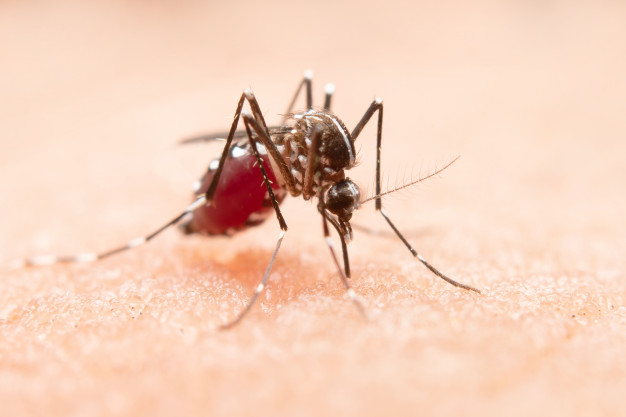
(credit: freepik.com)
After understanding some of the causes of malaria and its risk factors, here are some easy ways to prevent malaria. The ways to prevent malaria are as follows, which you can learn through the following reviews.
- Use protective clothing to prevent mosquito bites that cause malaria.
- Apply mosquito repellent lotion to the skin.
- Use mosquito nets while sleeping to prevent mosquito bites that cause malaria.
- Use pietrin spray, insecticide on clothing to prevent mosquitoes.
- Limit outdoor activities, especially during the evening and early morning.
Those are the 8 causes of malaria and risk factors along with prevention tips. Consultation and early examination can be done to prevent further risk levels related to malaria incidents.
(kpl/nlw)
Disclaimer: This translation from Bahasa Indonesia to English has been generated by Artificial Intelligence.
